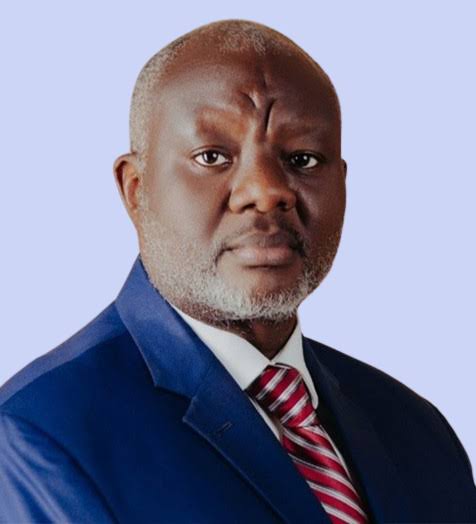Adedeji Ajadi, Chief Executive Officer of the Mortgage Banking Association of Nigeria (MBAN), has raised alarm that homeownership is increasingly unattainable for Nigerians earning less than ₦500,000 monthly, as mortgage rates hover between 18 and 27 percent.
Ajadi, speaking in a recent interview, lamented that despite the country’s estimated 28 million housing deficit, mortgage penetration remains below one percent. He attributed the crisis to a combination of high inflation, volatile exchange rates, and soaring construction costs, which have collectively eroded affordability and widened the housing gap.
According to him, many households now spend over 40 percent of their income servicing mortgages, far above the internationally accepted affordability benchmark of 30 percent. As a result, most Nigerians resort to incremental building or informal housing solutions.
He identified several barriers stifling the mortgage sector, including exorbitant interest rates, short repayment tenures, weak land titling systems, slow legal processes, unenforceable foreclosure laws, and the exclusion of informal sector workers, who make up about 85 percent of the population. Distrust of mortgage institutions, he added, further discourages uptake.
Ajadi outlined key reforms needed to reverse the trend. These include digitizing land registries, strengthening legal frameworks, adopting alternative credit scoring models, and creating flexible mortgage products such as micro-mortgages, cooperative lending, income-linked repayments, and step-up loans.
He also called for government intervention to provide long-term liquidity through the Nigeria Mortgage Refinance Company (NMRC), expand mortgage subsidies, introduce risk-mitigation measures, and stabilize the macroeconomic environment. In his view, creative homeownership models—such as rent-to-own and shared equity schemes—must also be embraced to help young Nigerians access housing.
Ajadi further stressed the untapped potential of diaspora remittances, which exceeded $20 billion in 2023. Only a fraction of these inflows, he noted, is channeled into housing due to concerns over fraud, lack of transparency, and rigid mortgage products. Tailored diaspora-friendly mortgage platforms, he argued, would unlock new investment into the sector.
On institutional financing, the MBAN boss observed that pension funds and other investors remain largely absent from the mortgage market because of weak data systems, poor valuation practices, and ineffective foreclosure mechanisms. He urged regulators to tighten oversight, standardize valuations, and introduce robust risk frameworks to attract long-term capital.
Ajadi concluded that unless urgent reforms are carried out, homeownership will remain a privilege for the few, rather than a pathway to financial security for the majority of Nigerians.



